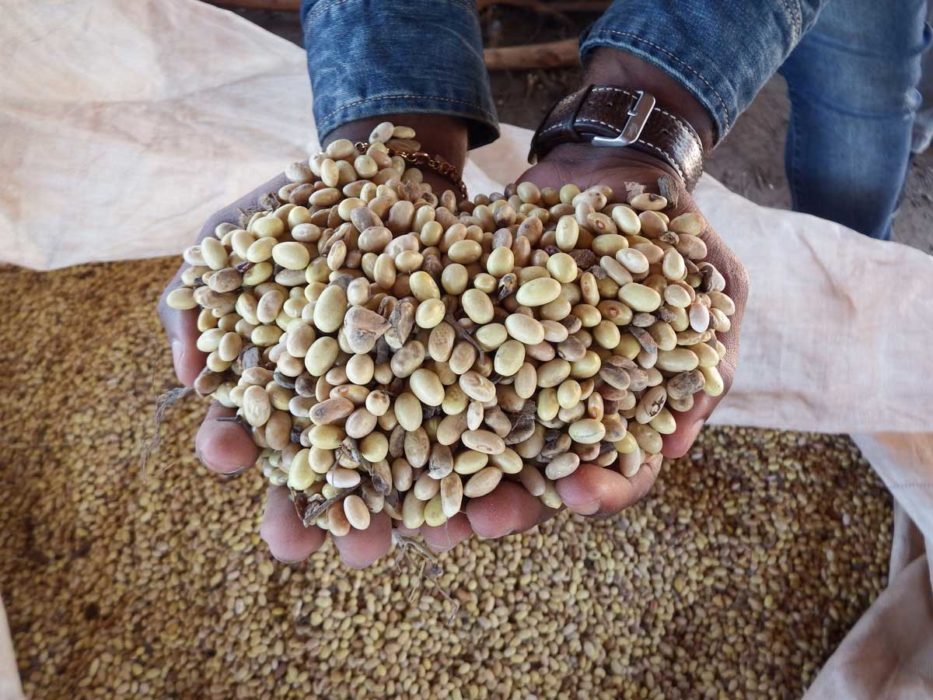
Mar
ANGOLA – Story of Change
“Of course we have problems, but we have learnt to see them as positive problems“
“When I first heard about the CDAIS project two years ago, I knew immediately that it was just what our group of farmers was looking for” explains Edgar Somacumbi. “We have land, seeds, tractors and all the equipment we want, and a processing plant. But moving from being farmer to agro-entrepreneurs is a complex process and requires new skills. And this is where we needed help.” CDAIS is now supporting a group of farmers to improve how they organise themselves and to help them find solutions to their problems.
It is 5.30 am as the sun rises through the mists in the uplands of Kwanza Sul. The leader farmer of the Terra do Futuro project Edgar Somacumbi takes his usual walk, today with fellow farmer Jorge Chicale, and they discuss the day’s activities and share their hopes for the future. “But to go forward, we need to change our behaviour, change the way we see and do things” they agreed.
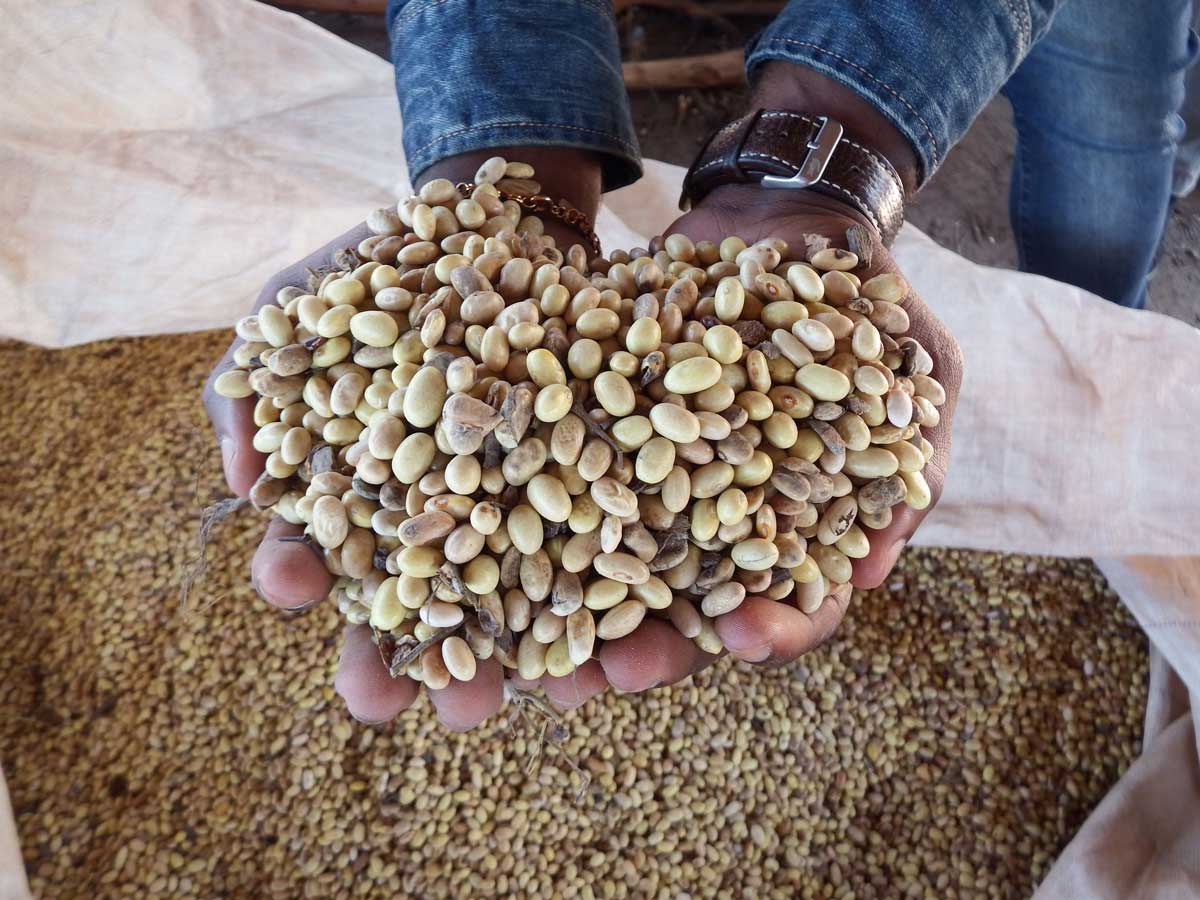
“The old ways just don’t work anymore, the whole system needs changing. Only we can do it, though first, we must first change within ourselves.” Edgar Somacumbi, leader farmer in the Terra do Futuro project, Kwanza Sul
Terra do Futuro – land of the future
This pilot project was established in 2009 with US$1.4 million of financing from the Angolan Development Bank (Banco de Desenvolvimento Angolano, BDA), to scale up ideas to bring new land into cultivation and attract young farmers. This chosen area was far from other villages to avoid land conflicts, and each of the 60 farmers was allotted a 250-hectare plot (their fazenda), in which they chose where to build a house, and are supported in obtaining a tractor and pick-up truck. All other agricultural equipment is communal, held in central store yards, and they must discuss and agree who will use what, and when. Not all farmers are fully committed however, and some have yet to get their ‘entitlements’. Others, though, were proud to show their successes.
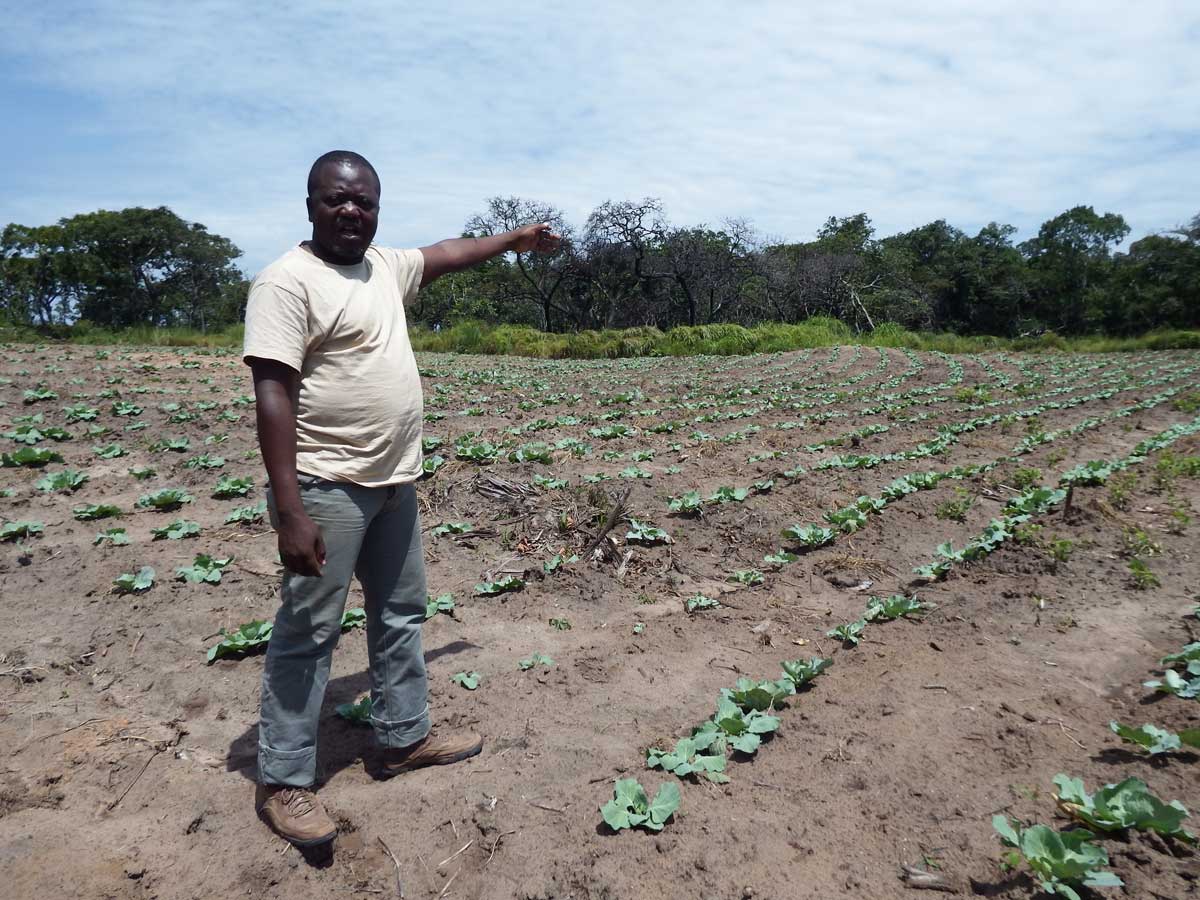
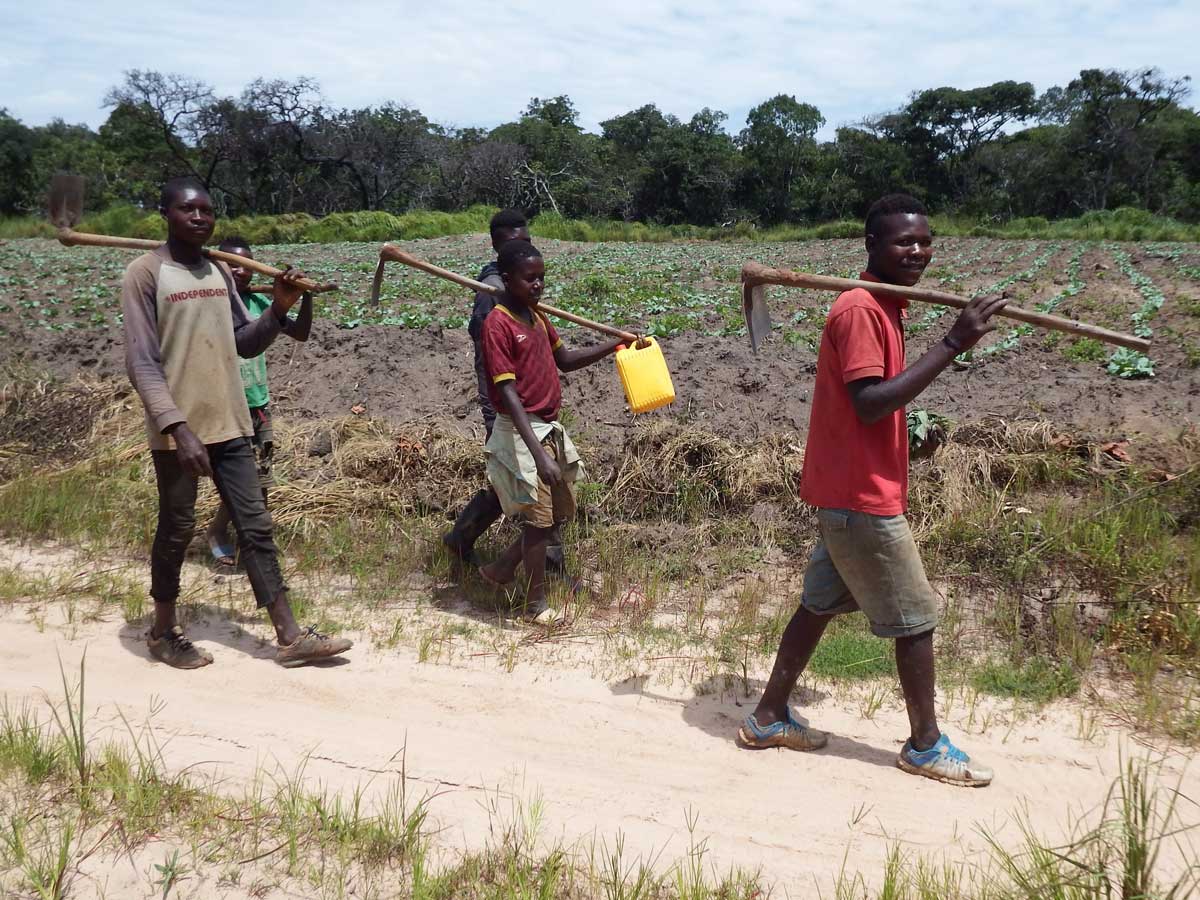
Employment is a big benefit. But also, environmental concerns are at the heart of the project. Ilidio explains, “Each of us has 250 hectares but we are obliged to retain at least 50 hectares of natural forest. Though most of us have much more forest than that. I started with 50 hectares of farmland, and am growing my area step by step as my resources allow.” And he explains that what would help him the most is have the skills to become a ‘real farmer-businessman.’ “Of course we have problems”, says Edgar, “but we have learnt to see them as positive problems, as we work together to find appropriate solutions. And CDAIS is helping us in this process, building our skills in this way.” And Jorge chips in: “Though we can see a change in some of us already, in how we see things, and how we work with each other.”
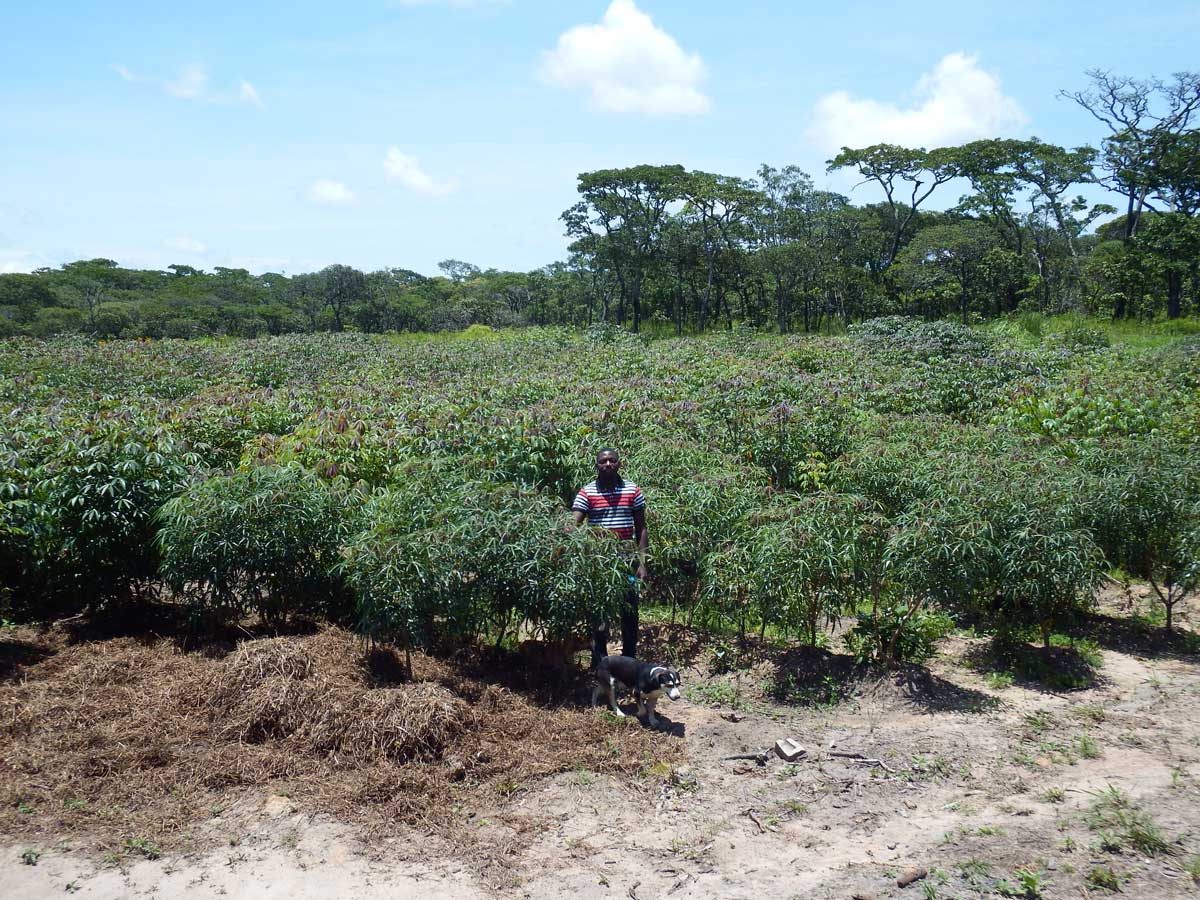
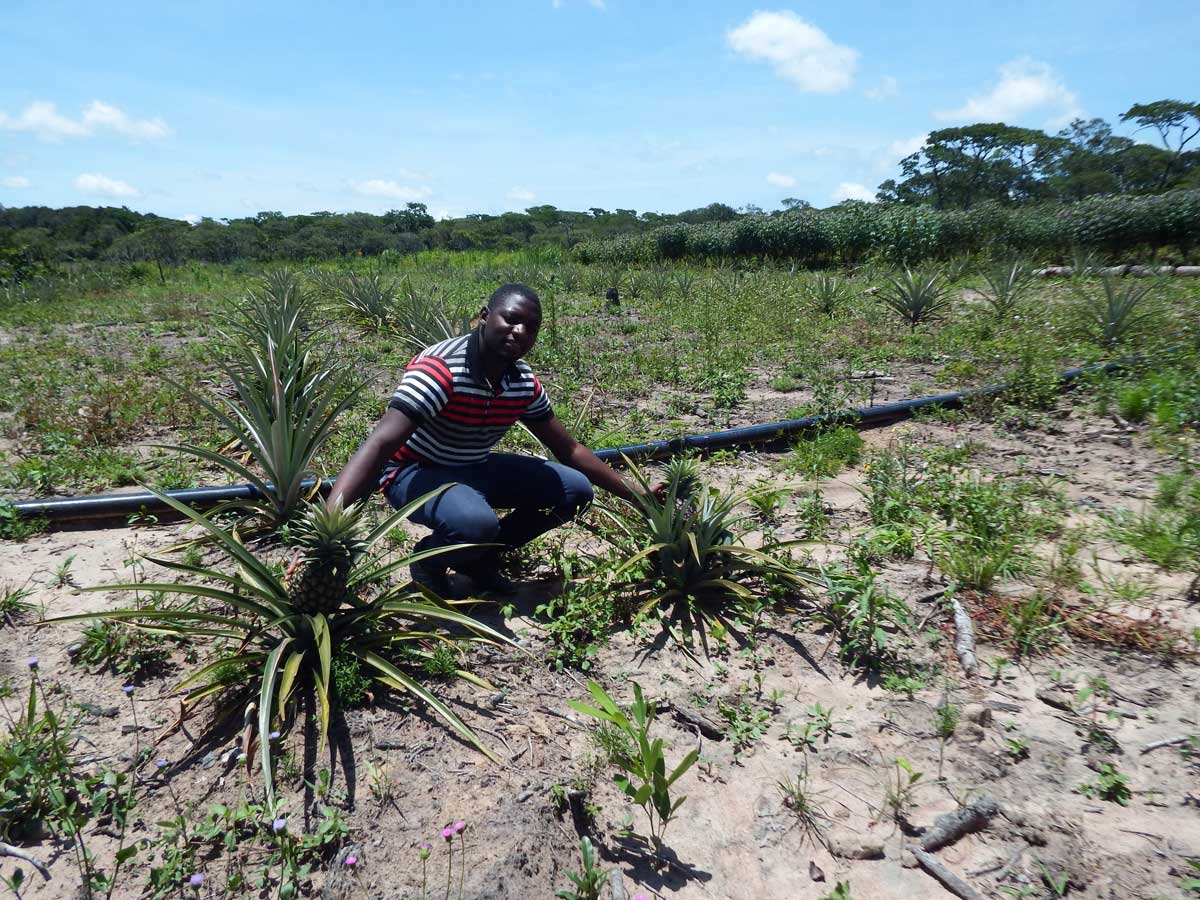
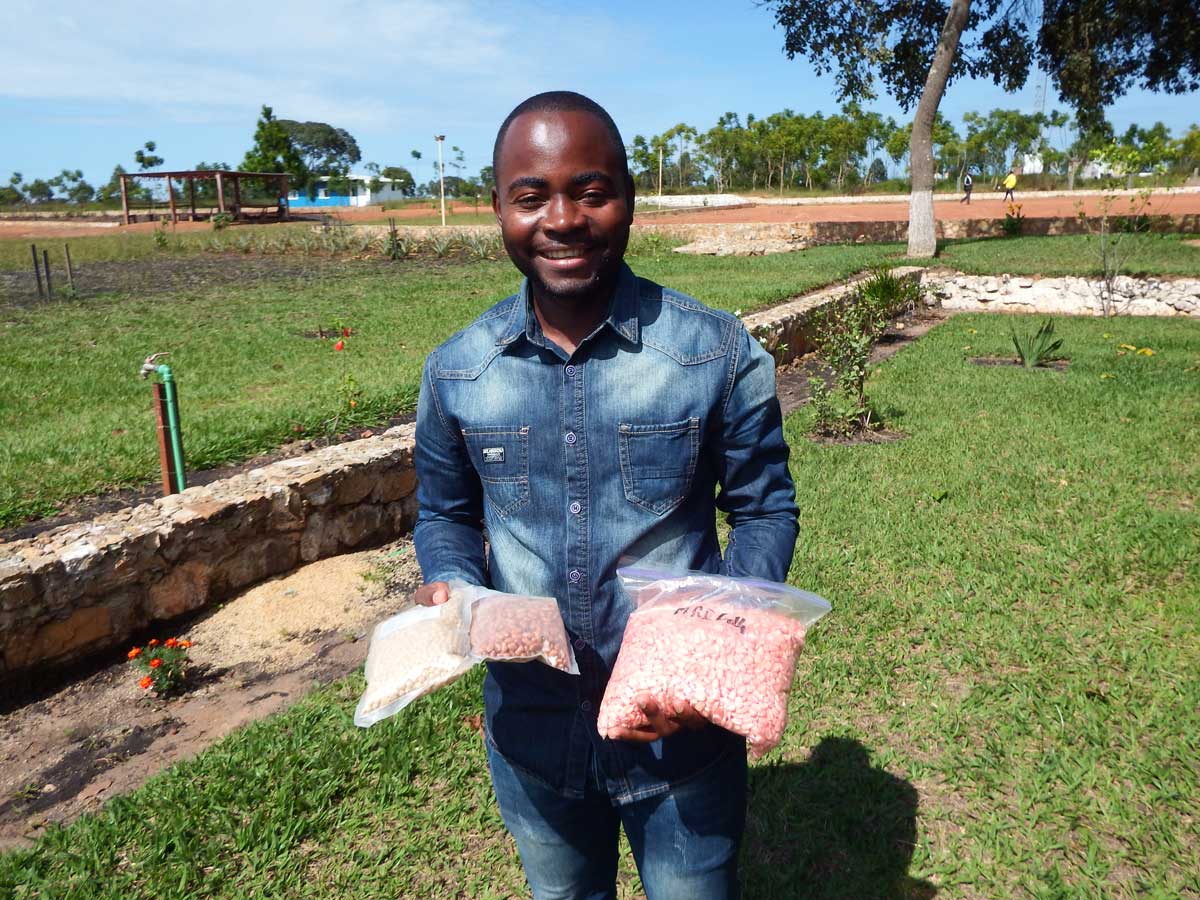

“I have seen change in myself” farmer Flavio Gomes says. “Before I used to buy things without much care, but now I keep all my receipts and calculate my costs. I pay more attention, I talk more with others, share experiences. Through CDAIS I have also had opportunities to share with the other innovation partnerships – and I learnt a lot especially from the seed cooperative, for example.”
From assessments to action
A capacity needs assessment workshop was held at the site of Terra do Futuro project at the end of 2016. Edgar Somacumbi explains. “This was a very interactive event, with breakout groups and lots of discussions over the three days, between farmers, smallholders, traders and traditional leaders. The tools used help them to articulate their needs, and this provided a strong basis for what is now following. It was really excellent.” This led to the development of actions plans in 2017 that were continually adapted as activities started. And though implementation was hampered by the loss of key CDAIS staff, “some results can be seen already, and they are spreading” adds Edgar. Other farmers shared these views in the most recent meeting. Mario Ferreira said, “I am looking forward to the new opportunities that CDAIS will bring this year”. And Cudienga Matucumona added, “Before, we were lost in all our problems, but now we see a way forward and we are ready to learn!”

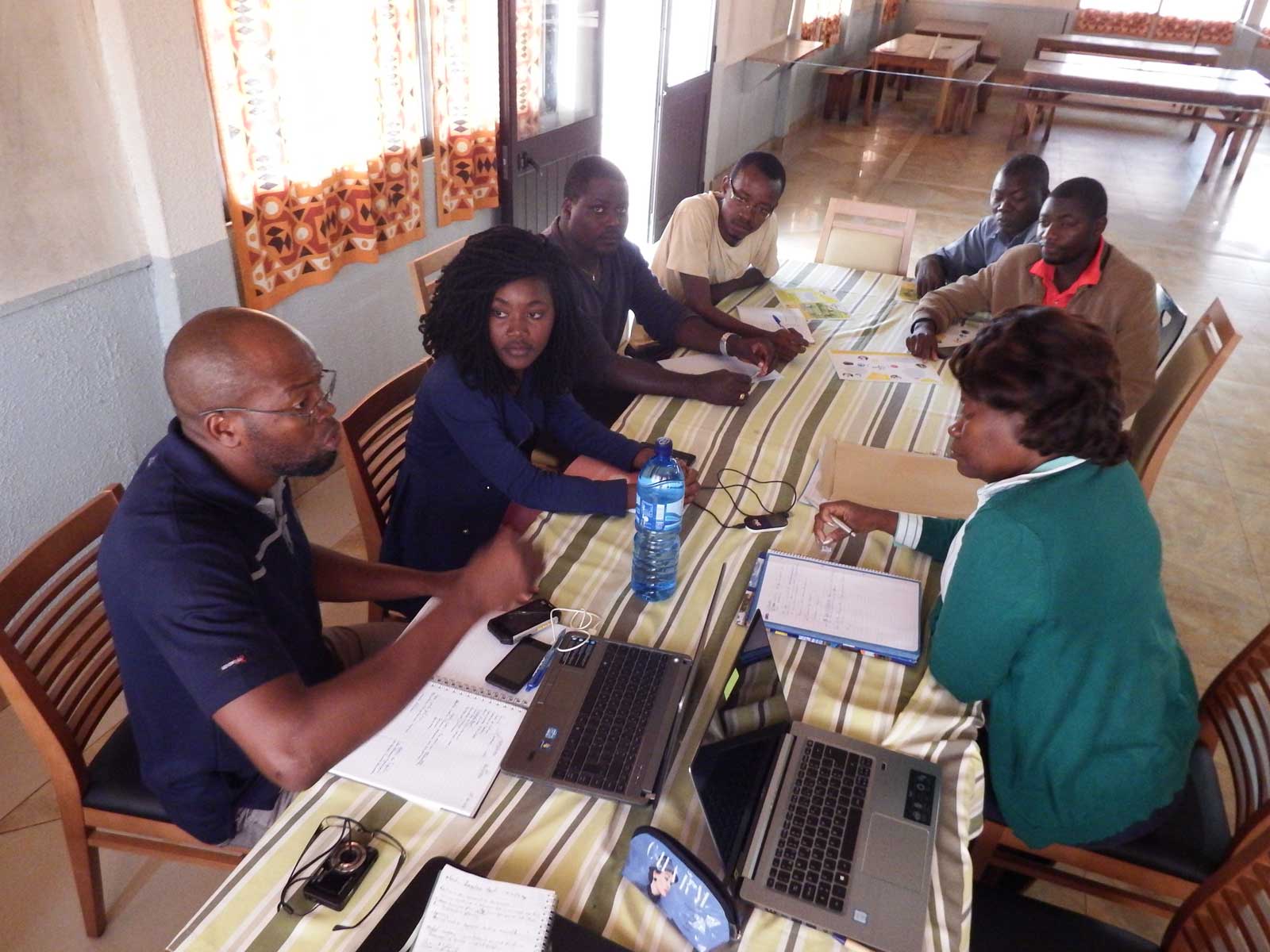
“Collaboration needs compromise, and this means that it is not always easy.” Jorge Chicale, farmer, Terra do Futuro, Kwanza Sul
A question of scale
This project had an aim of mass production, with a target of 97,000 tonnes of cereals and beans per year, so it also realised the installation of a central industrial area to dry and store the harvest, mill flour, and prepare different types of value-added animal feeds. They have also invested in advanced production lines, such as one that produces extruded breakfast cereal-like ‘corn pops’ as fish food for aquaculture.
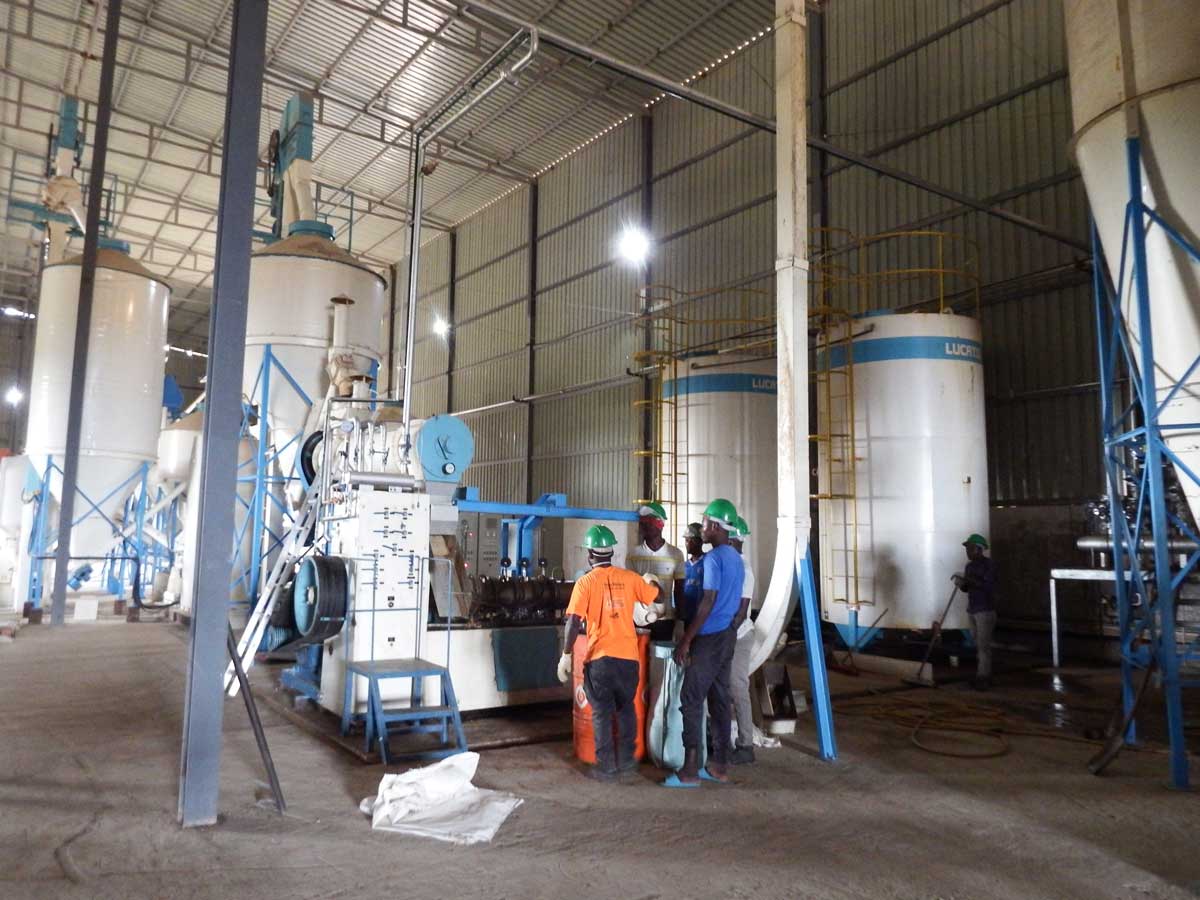
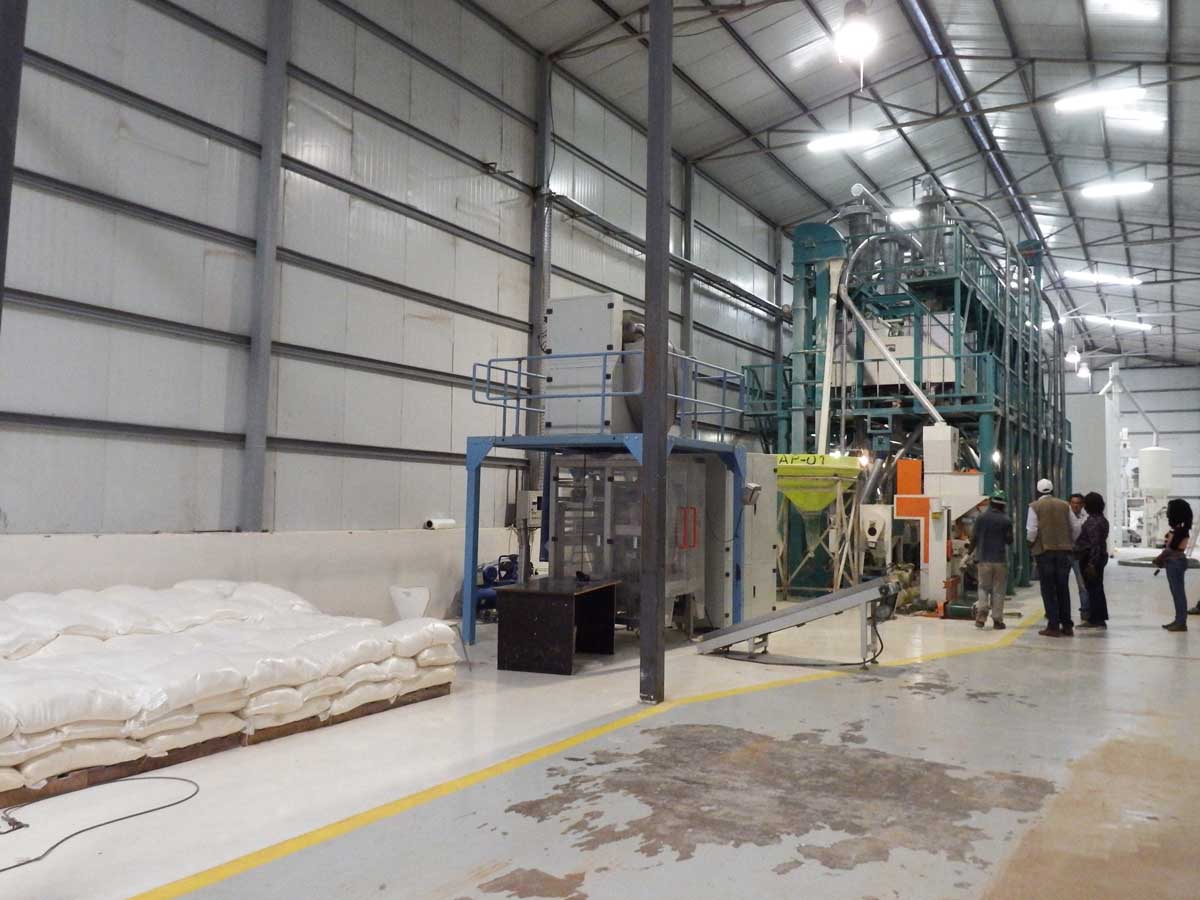
“The solution to solving our problems is to strengthen ourselves through cooperation. And CDAIS is helping us make this next step.” Edgar Somacumbi, leader farmer in the Terra do Futuro project, Kwanza Sul
Spreading the word
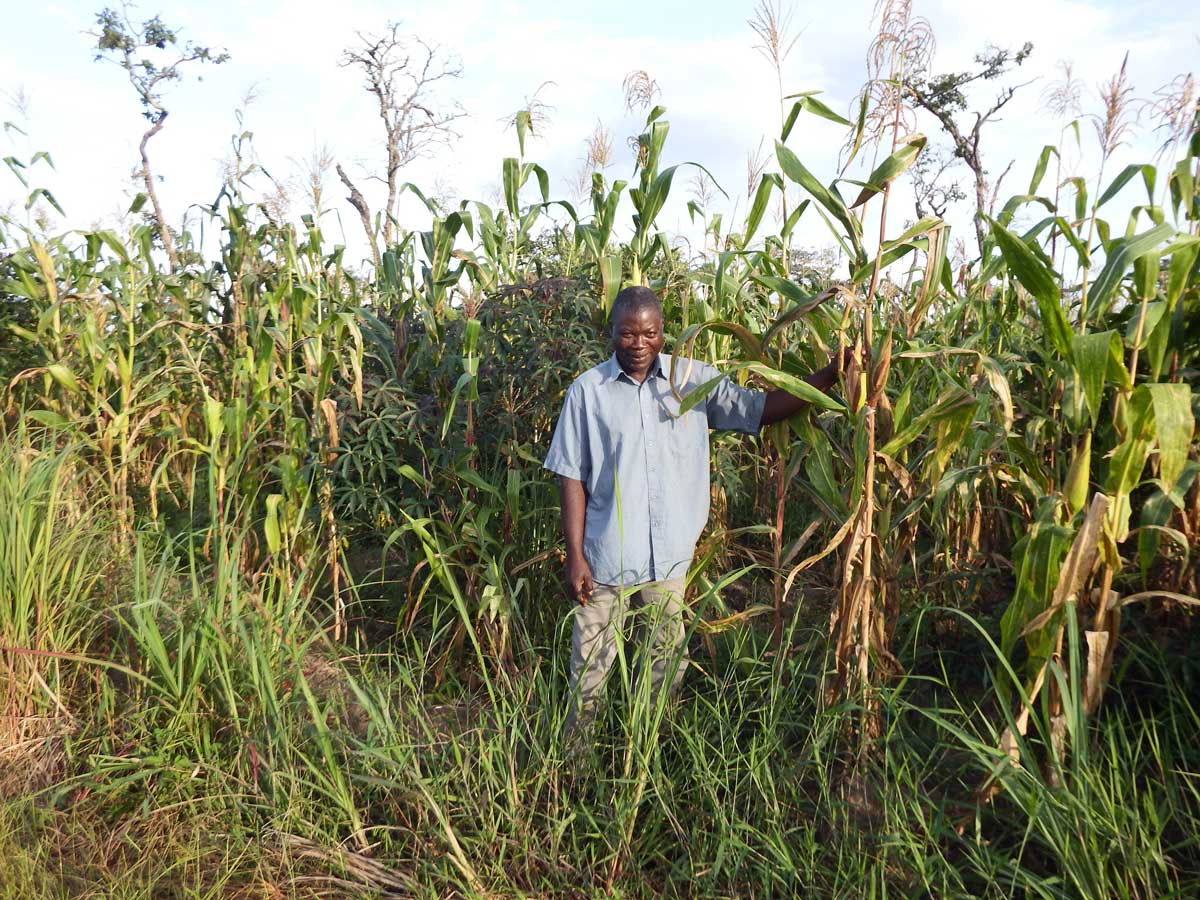
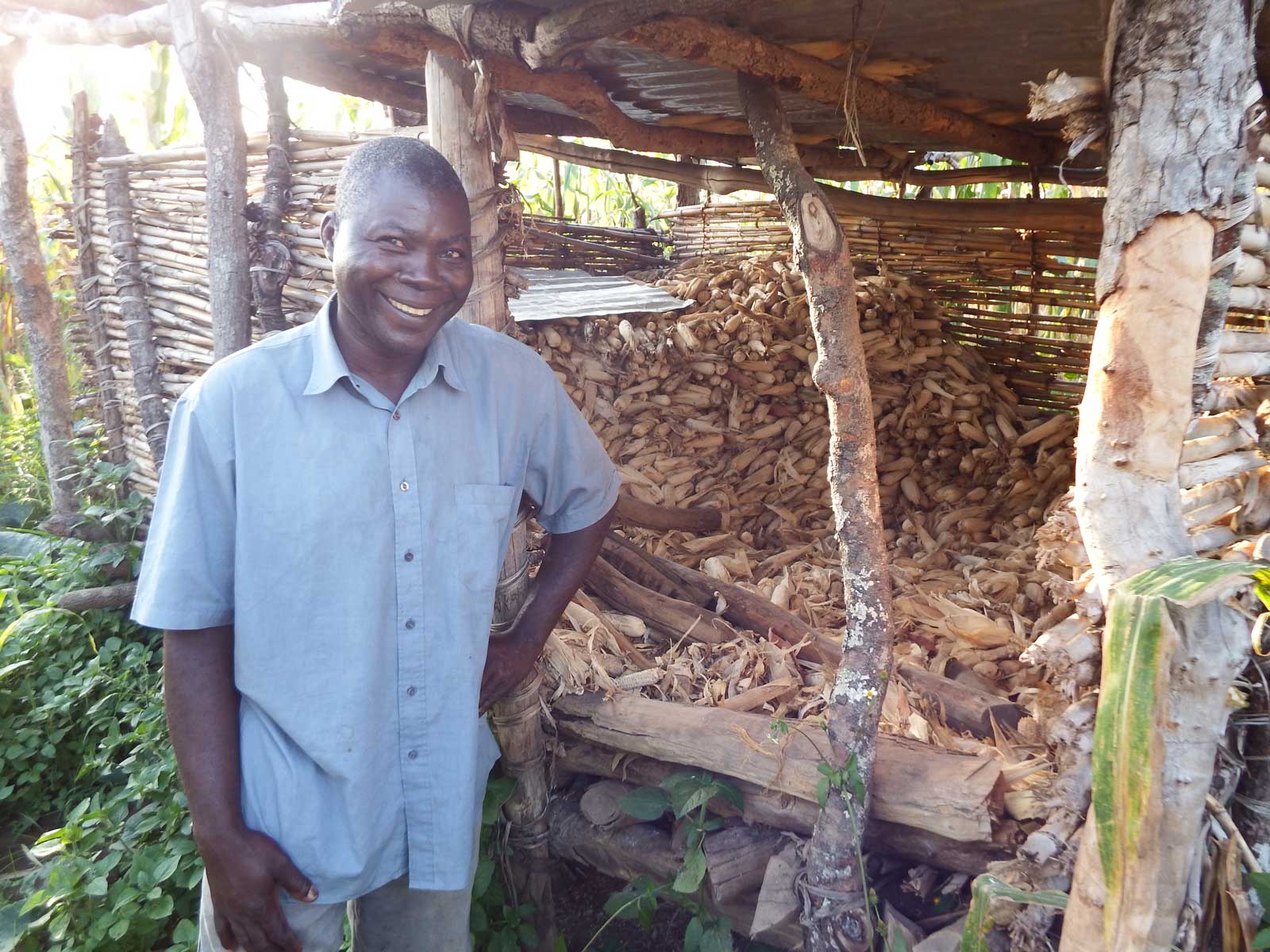
But at the other end of the scale are smallholder farmers, and a few have been involved with the CDAIS project since the very beginning, participating in the capacity needs assessment and all other workshops. João Feliciano tells his story. “Thanks to the Terra do Futuro project, I learnt how to better sow and grow maize from other farmers, and get much better results now. And I pass on this new knowledge to my neighbours, family and friends so they too can benefit.” But this is not enough, he observes. The next stage that CDAIS will implement is to support João and others like him to form an association so they can negotiate the buying of inputs more cheaply, get better prices for their crops, and learn more from each other’s experiences.
“The project has helped me to learn more and produce more. But I see now that if we organise ourselves we can achieve even better profits.” João Feliciano, smallholder farmer, Carpato 2, Kwanza Sul
Advancing on the road to progress
Angola has so much potential as an agricultural country, with up to 50 million hectares that could be cultivated. But why isn’t it? “It is simply a case of lack of will – political will in strengthening sectorial strategies and providing resources for those who live from this activity.” says Edgar Somacumbi. “Government policy is to help farmers, but little is actually done.” And he hopes that through the policy dialogue that CDAIS is facilitating in 2018, the views of farmers like himself and his fellow fazendeiros will be heard loud and clear at a higher political level.
At the farmer level, access to finance and markets are recurrent problems. So CDAIS is supporting farmers to identify and hire trainers who can teach them agri-business skills, how to prepare individual farm business plans, and how to establish and manage associations such as a maize producers group, as well as advanced farming techniques.

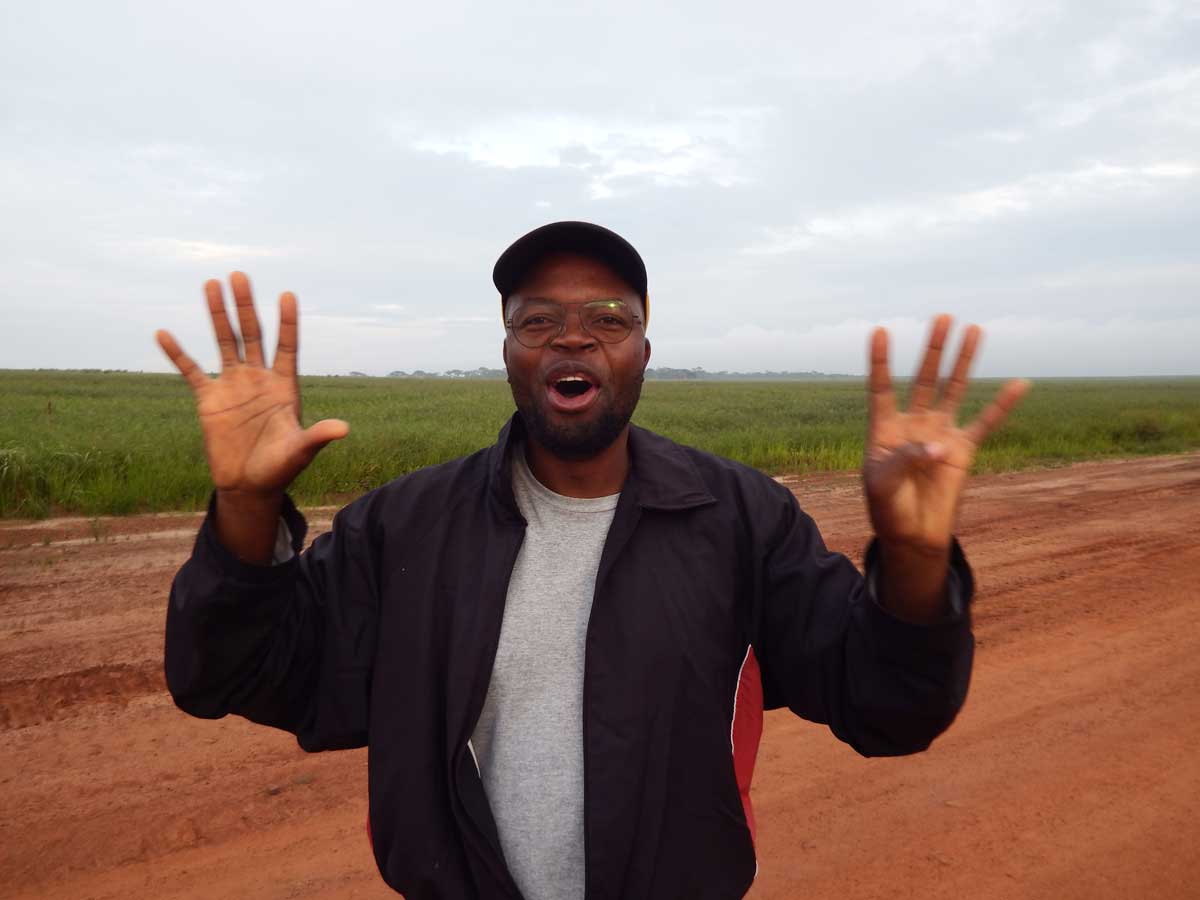
At the end of a long walk around the main compound, Edgar Somacumbi explains with pride that the Terra do Futuro project has seen 9000 hectares of land brought into cultivation over a 5 year period, creating hundreds of jobs and supporting the local and national economy with increased agricultural output. “And with new skills, we can only grow.”
“Learning is not a sprint, it is a marathon. It needs stamina, concentration, and patience!” Edgar Somacumbi, leader farmer in the Terra do Futuro project, Kwanza Sul
